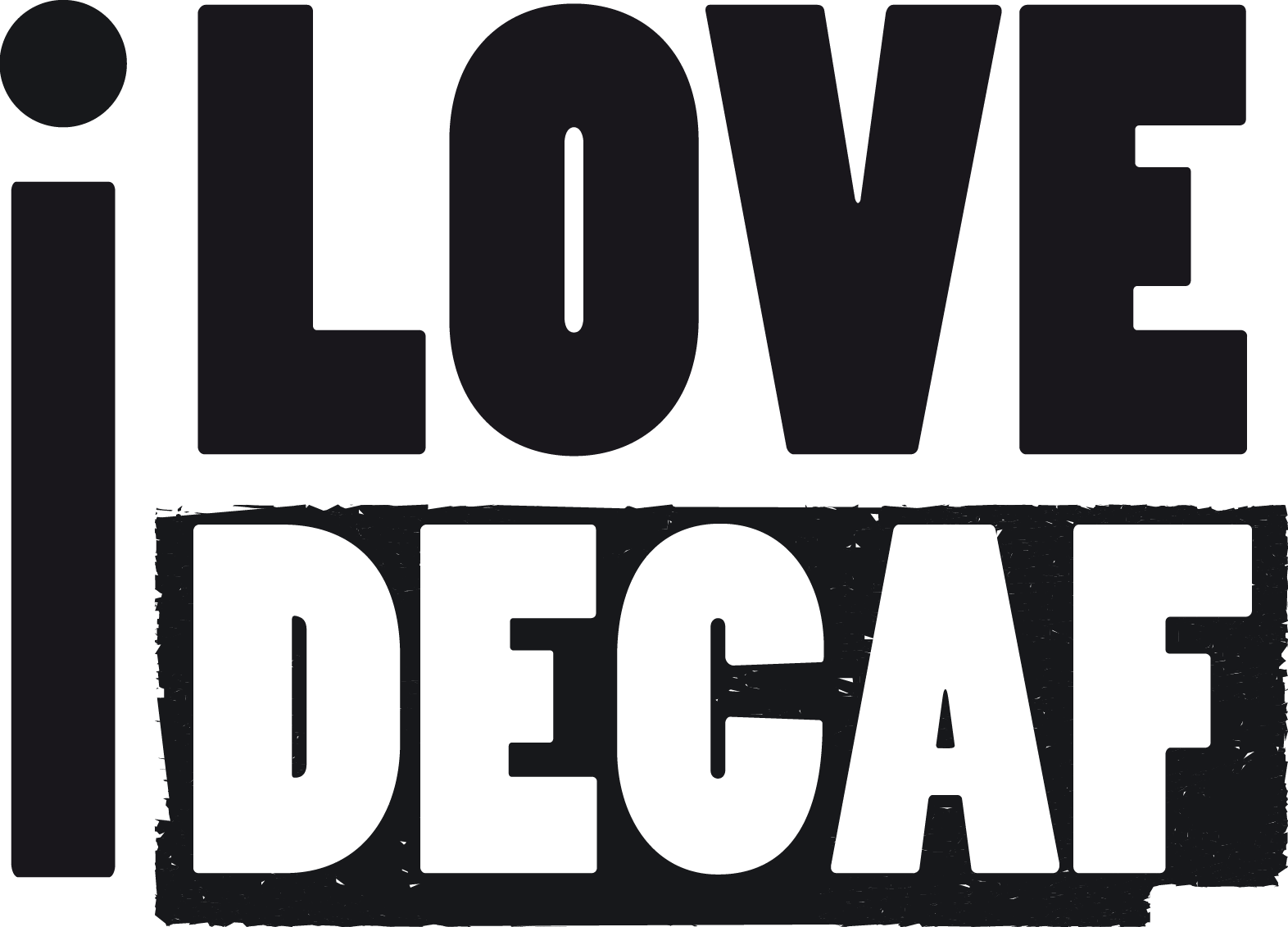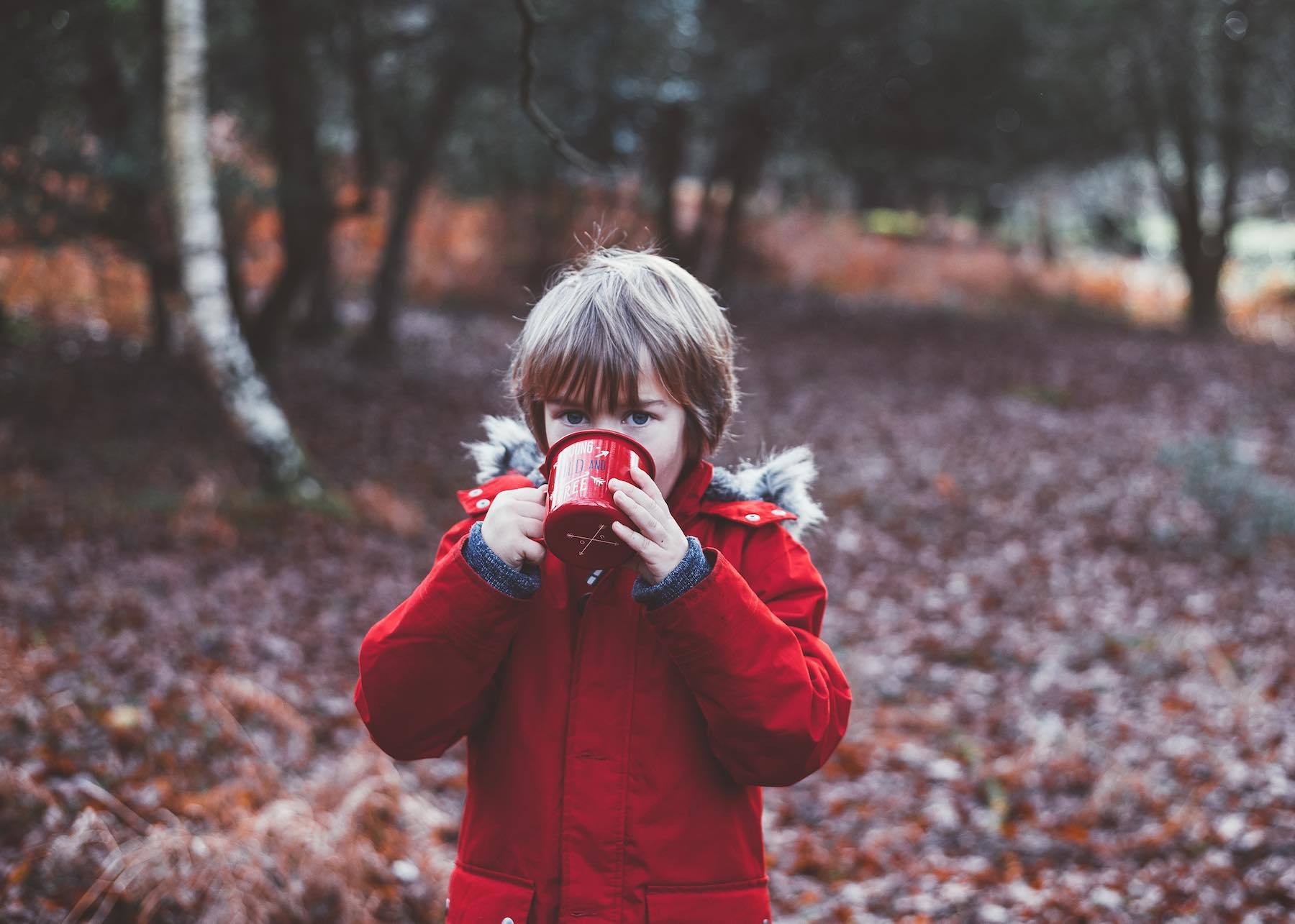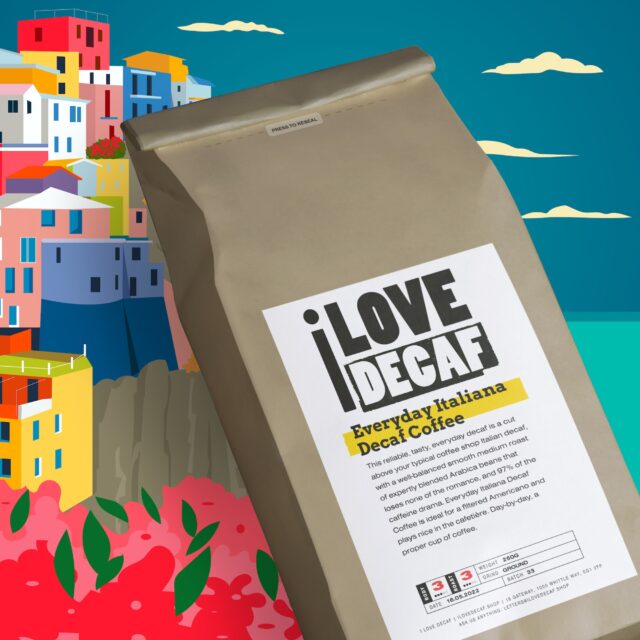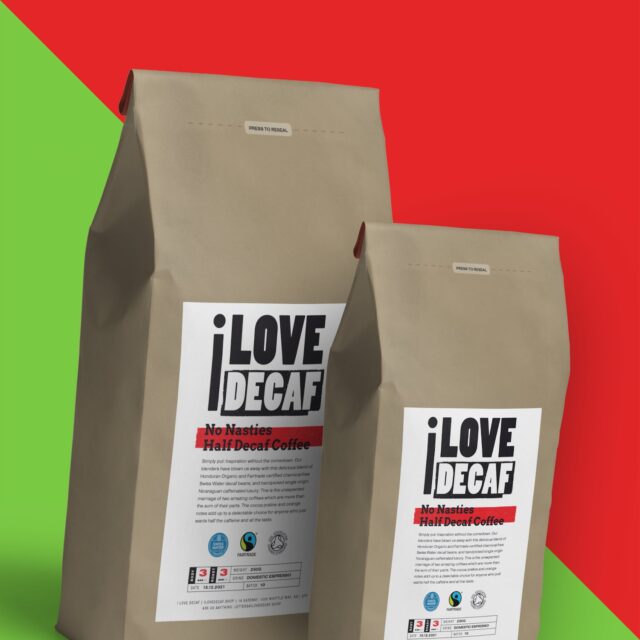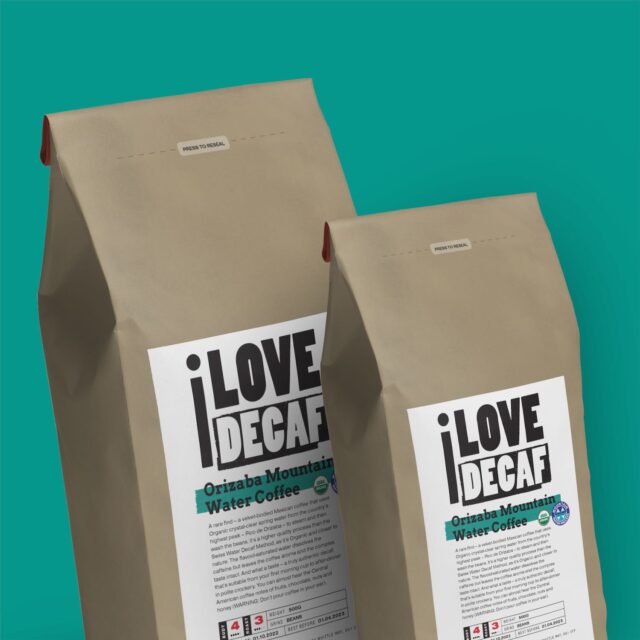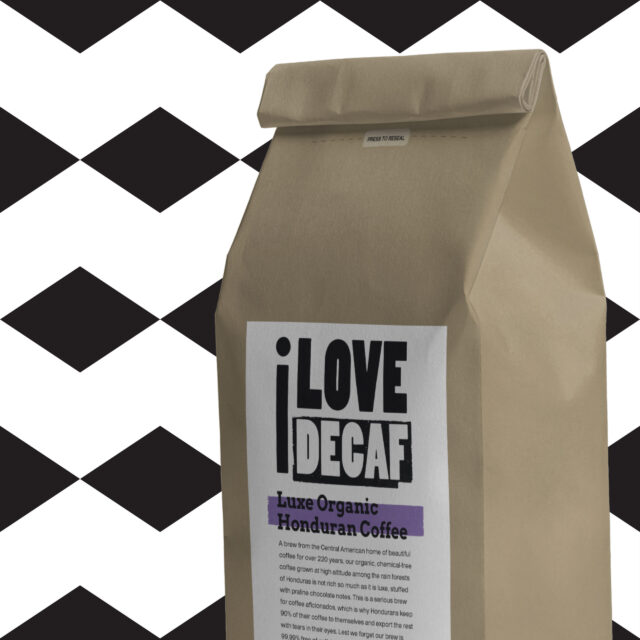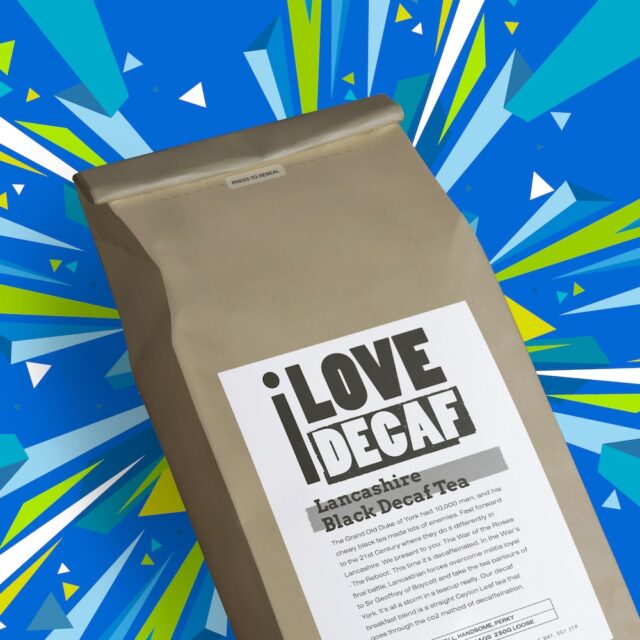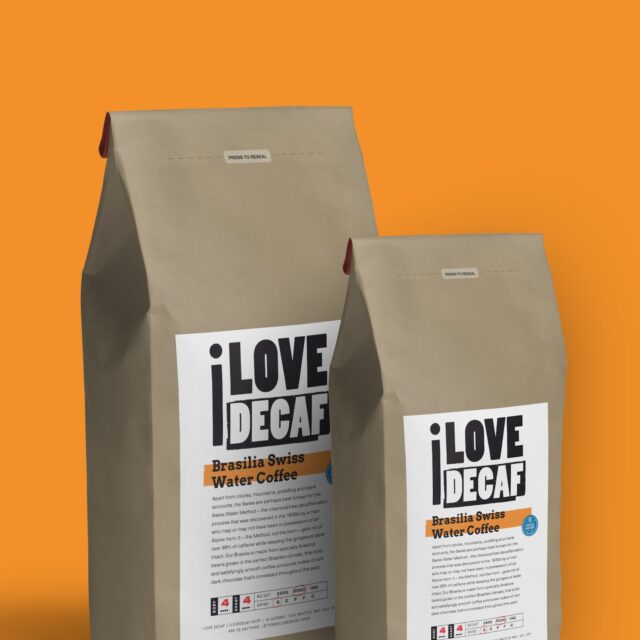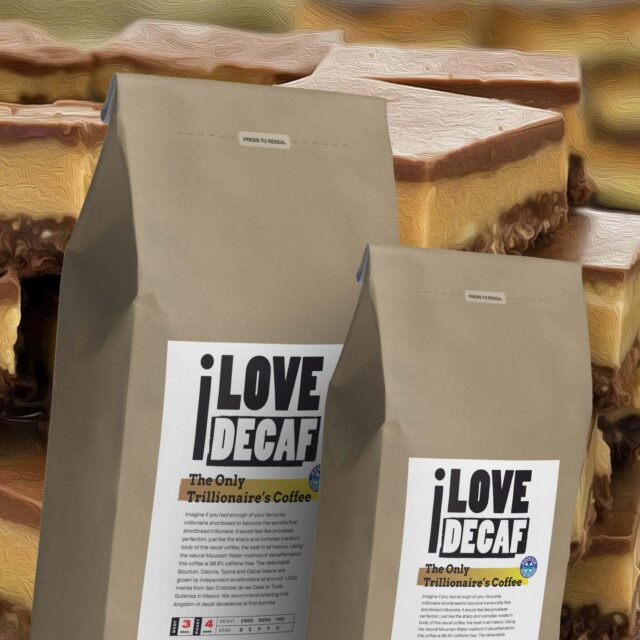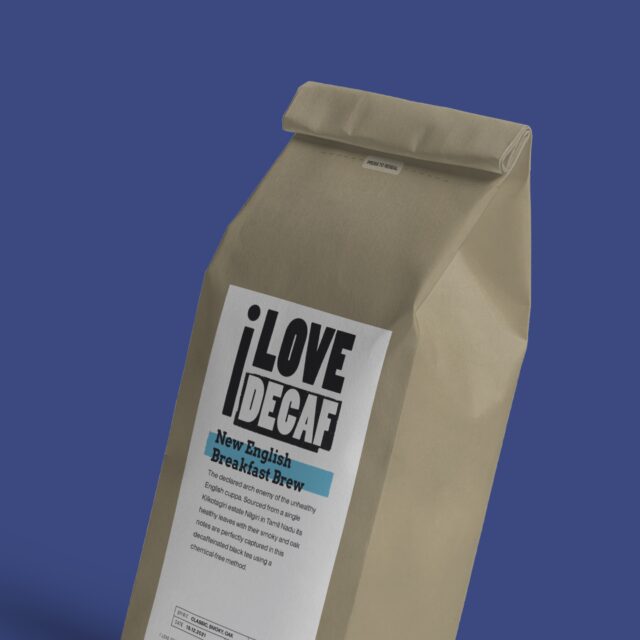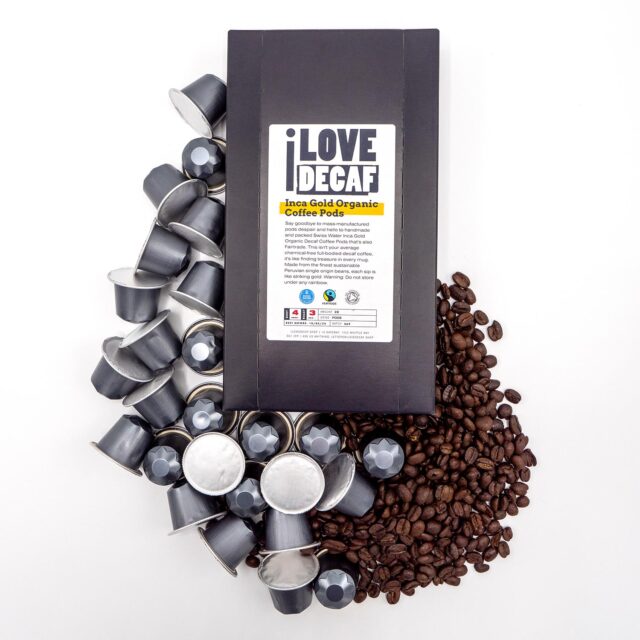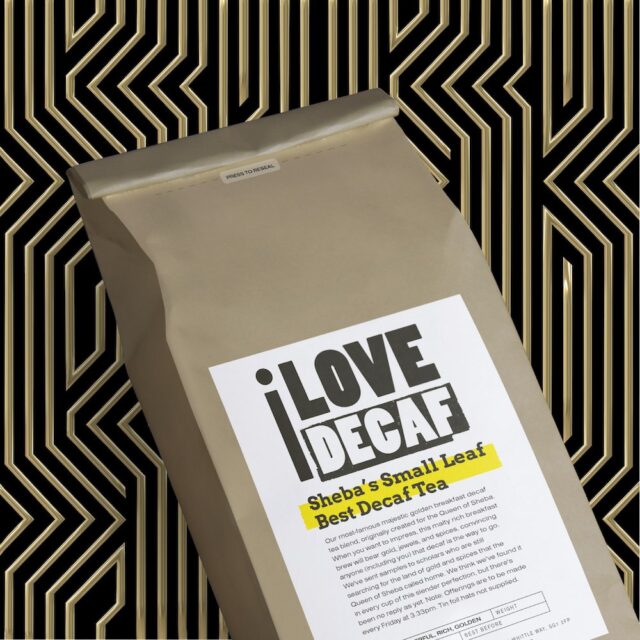We should start this article with the advice that there is absolutely zero nutritional benefit in caffeine for children or adults alike. You already know that, and it hardly bears repetition but, at some point, your mini-mes are going to notice you clutching your tea or morning coffee and perhaps be curious about it. They might ask you for a sip and your mind might turn to the emotional wasteland every parent knows as ‘bedtime’.
Last night, bedtime in your house meant that the sweet and adorable kids in your life had turned into junior ASBOIDS, running rings around you. The apples of your eye you previously knew as ‘your children’ were bouncing off the walls like unstable electrons in a reactor core. The mum/dad bomb had already gone critical, and you felt like you could kaboom into next week.
Why would you feed caffeine, even the smidgen left over in decaf, into that chain reaction?
You wouldn’t let them eat a box of chocolate or drink a bathtub of cola before nighty-night-night, so why would you introduce hot drink caffeine at any point in the day?
It is helpful get a sense of proportion. Caffeine is a stimulant that some adults tolerate, and others don’t. It is not morphine or laudanum in that cafetiere or teapot, but a fairly mild, moderately addictive drug. If you’re brewing decaf, it will contain only 1-3% of what a conventional tea or coffee would. Exercising parental care, you might want to allow older children – say over 11 or 12 years old (draw your own line, that’s the point of being a parent) – a few sips of decaf from your mug, provided you feel like sharing a cup of our excellent decaf coffee and decaffeinated tea. But, how about a whole mug of their own?
There’s Not a Problem When it Comes to Decaf Tea and Coffee for Kids
What does this mean in practical terms? An 8-ounce cup of decaf coffee or decaf tea contains around 2 mg of caffeine – about the same concentration that a ready-to-drink chocolate milk might contain. Compare that with a regular cup of black filter coffee, which contains as much as 95 mg and with a cup of black tea that comes in at approximately 25-49 mg of caffeine. A 330 ml can of regular or diet Pepsi, regular diet or zero Coke contains around 34-36 mg of caffeine. A few sips of decaf pales by comparison even to a bar of chocolate which could easily contain the equivalent of ten cups of decaf.
For larger portions – like a mug of decaf, it’s less to do with your child’s age and more to do with their size. The reason why your bottle of Calpol has dosage described in terms of age is because that’s the best safe-side metric of the size of your child relative to a full adult, and dose is always about microgram applied per kilo of human. The same goes for caffeine.
Out there in Greater Parentville, thousands of mums and dads are dealing with bedtimes and bad times and, indeed, it has always been like this, in varying degrees since the year dot. If you are worried about caffeine intake making your little darlings into an unspeakable rabble at the top of the wooden hill to Bedfordshire, you might be surprised that it was the cup of hot chocolate or the bar of Cadbury’s they snaffled on their way home from school that is more likely the culprit. Or the sugar, the e-numbers, or the blue-tinged wakefulness-rays beamed at them from the screen of an iDevice.
